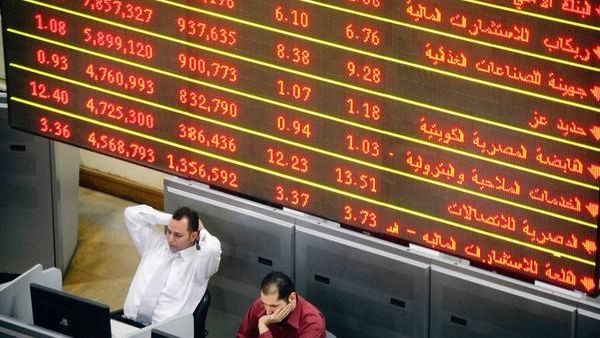Gulf Cooperation Council sovereign, financial and corporate borrowers must repay or refinance $94bn in bonds and loans in 2016 and 2017, according to global lender HSBC, as low oil prices continue to hit revenues.
Tightening regional liquidity, rising rates and recent credit rating downgrades of some countries could also impact refinancing, the bank said.
The debt maturity profile of the region is expected to rise until 2020, with the UAE making up the biggest chunk of repayment or refinancing obligations.
Aggregating available data, outstanding foreign currency-denominated bonds and syndicated loans stand at around $610bn, of which some $94bn will mature in 2016 and 2017, according to UAE daily The National.
HSBC estimated that regional energy exporters would have fiscal and current account shortfalls of $260bn and $135bn this year and next year, equal to 8.7 per cent 4.5 per cent of regional GDP.
“We remain confident that these funding gaps will be covered. However, expectations that they will be part financed through the sale of sovereign US dollar debt [in some cases for the first time] will complicate efforts to refinance existing paper that matures over 2016-17,” noted HSBC chief economist for the Middle East Simon Williams.
GCC governments face billions of dollars in budget deficits as low oil prices continue to hit public coffers.
Saudi Arabia is expected to face a budget deficit of almost $90bn this year, followed by the UAE with $25bn-$30bn, the bank forecasted.
By sector, around 22 per cent of the debt is owed by financial institutions, followed by sovereign funds and energy firms with 19 per cent each.
“Close to half of the maturities over 2016-17 centre on the banking sector, suggesting any increase in costs at refinancing could quickly feed through into a broader monetary tightening,” HSBC said.
By Robert Anderson








